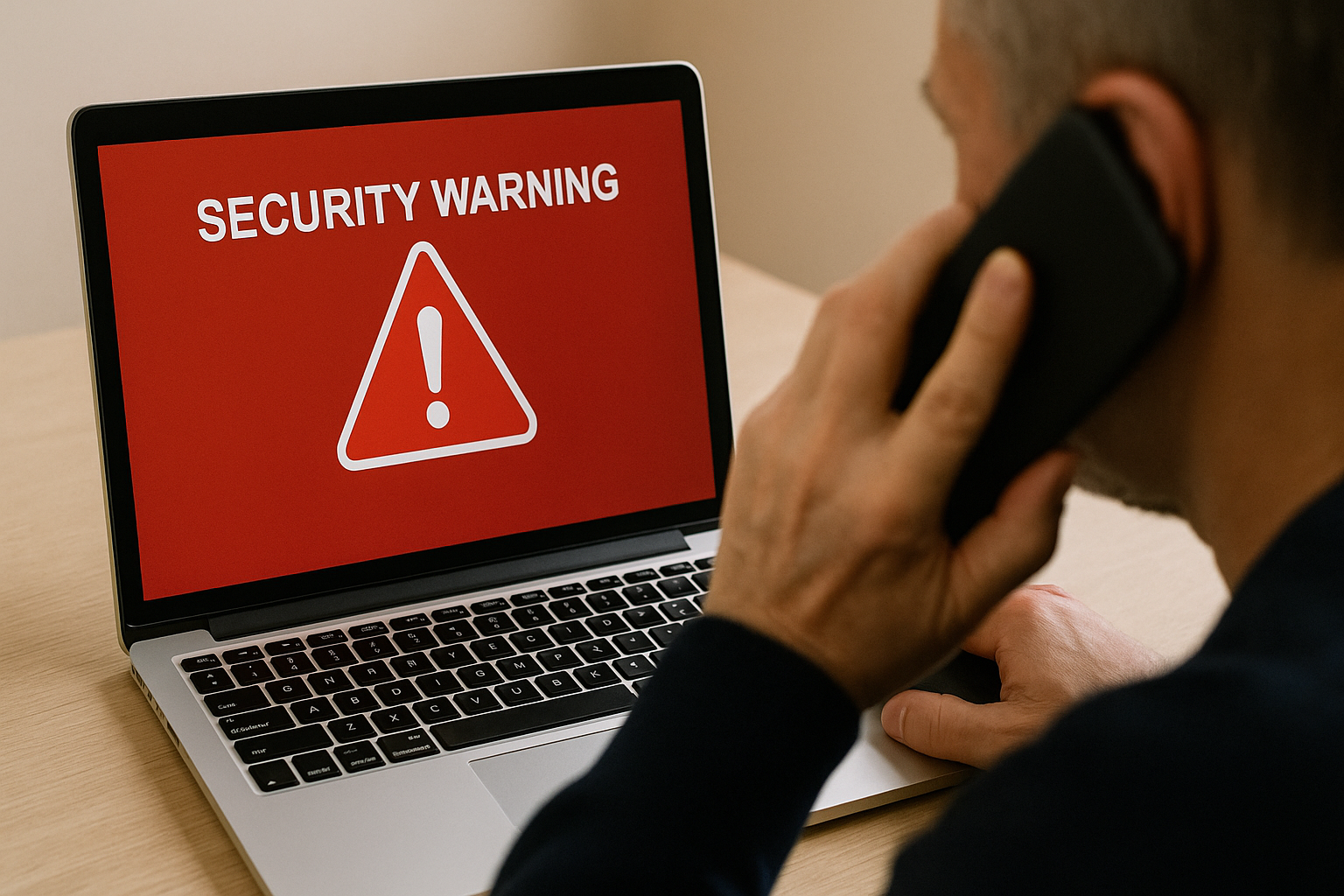Civil litigation is a court procedure to settle disputes between companies, between companies and individuals, or between individuals. To what extent are you aware of what to do if your company is sued (or needs to be sued) by an employee, business partner, or competitor? It is important to assume what litigation risks your company is exposed to and to understand the basics of civil litigation so that you are prepared for contingencies.

What is civil litigation (civil court) in a company?
Before explaining civil litigation (civil trials) in corporate activities, we will first explain basic knowledge about civil litigation.
What is a civil lawsuit (civil trial)?
When a dispute arises between individuals, between companies, or between companies and individuals, it becomes a civil case when the parties file a suit in court to seek damages or other compensation. In order to resolve this civil case, both parties clarify their claims and submit evidence, and the judge renders a judgment or reaches a settlement.
Differences from Criminal Lawsuits (Criminal Trials)
There are three main differences between a civil trial and a criminal trial: First, the parties to the trial. In a civil trial, anyone can file a lawsuit as a plaintiff, and the parties go to trial on equal footing, with both sides making their arguments. In a criminal trial, on the other hand, a police officer and a prosecutor investigate a suspect suspected of committing a crime, and the prosecutor prosecutes the suspect.
The second is how disputes are resolved. While a civil lawsuit may end in settlement if both plaintiff and defendant are satisfied, in a criminal trial there is no option of settlement, and the sentence ends with a proceeding to determine the guilt or innocence of the defendant.
Third, the content of the judgment. In a civil lawsuit, the plaintiff's demands may be met and compensation may be paid, but the defendant will not be charged with a crime. However, if the defendant is found guilty in a criminal lawsuit, he or she will surely face some kind of punishment.
Cases in which a company is subject to a civil lawsuit (civil trial)
The following is a description of the main examples of civil lawsuit cases in which a company is sued by its employees, individual contractors, business partners, competitors, and other companies.
Cases of civil lawsuits brought by employees
The following are the four most common types of problems that result in civil lawsuits brought by employees.
Wrongful dismissal
Even if an employee has a problem, "just cause" and legal procedures are required in order to dismiss the employee. Even if the employee is at fault, if the company's procedures are inadequate, the dismissal will be treated as unfair dismissal.
Workers' Compensation
Accidents on the job, even those caused by the employee's negligence, can result in workers' compensation problems. Companies have a "duty of care" to consider the health and safety of their employees and may be liable for damages if they violate this duty.
Unpaid wages, overtime, and severance pay
Unpaid wages and overtime pay may result in lawsuits seeking payment of late fees and assessments. In many cases, this is due to a misunderstanding on the part of the employee, so it is also important to periodically check the work rules.
Power harassment and sexual harassment
Companies have a "duty of care" to consider the work environment of their employees. Even if harassment problems are between employees, the company may be held responsible.
Cases of civil lawsuits brought by outsourcing (individuals)
The following are cases in which a company is sued by an individual who has a contract with the company in the form of an outsourcing contract.
Failure to pay the outsourcing fee
When a contractor completes work based on an outsourcing agreement, but the remuneration due is not paid by the due date, or the billing process is inaccurate. This may lead to a lawsuit for payment.
Infringement of intellectual property rights
When it is alleged that intellectual property rights have been infringed, such as copyright infringement by using copyrighted material without permission, trademark infringement by using a similar trademark, or design infringement by using a similar design for a product design, etc. The infringement is subject to a claim for damages or an injunction.
Deceptive Subcontracting
Disguised contracting is an act of disguising oneself as a worker under the form of an outsourcing contract, even though one is in fact a worker. It is prohibited under the Worker Dispatching Act and other laws as an act that infringes on the rights and welfare of workers.
Violation of the Act against Delay in Payment of Subcontract Proceeds, Etc. to Subcontractors
Refusal to accept or return deliverables, redoing work without justifiable reason, and requests to provide undue economic benefits are violations of the Subcontract Law, and may result in liability for damages.
Cases of civil suits brought by suppliers or competitors
The following are examples of cases in which a company is sued by a business partner or competitor
Collection of debts
When a company fails to pay its customers on time due to deteriorating business performance or other reasons, the creditors demand collection of the debt. If negotiations over the phone or in person do not resolve the issue, a lawsuit is filed.
Leakage of personal information
If a leak of a customer's personal information is discovered, not only the customer but also business partners will be affected. If a loss of public trust leads to a decrease in profits or sales, the business partner may hold the company liable.
Suspicion of patent infringement
Patent infringement is the unauthorized use of an invention that is protected by a registered patent. When the use of technology or imitation of manufacturing methods is suspected, a lawsuit may be filed by the patent holder.
Non-performance of contract
Default of contract, such as not executing a contract that was agreed upon by both parties or not fulfilling a promised obligation. The other party may suffer economic loss, which may lead to litigation.
Evidence Required for Civil Litigation (Civil Trial)
If the company is actually sued in a civil lawsuit (civil trial) in the aforementioned case, what kind of evidence will be needed? We will also introduce forensic investigation, which is an effective means of gathering evidence.
Evidence required for a civil lawsuit
In order for both sides to make their case in a civil lawsuit, it is essential to submit appropriate evidence. The following are examples of necessary evidence.
All forms of written evidence, from official documents such as contracts and invoices, to correspondence such as e-mails and reports, and even diaries. Non-documentary items such as phone call records, video recordings, and photographs are also treated as quasi-documents.
The results of all investigations and verifications related to litigation, as well as expert testimony provided by specialists for cases requiring advanced knowledge, are also important evidence. Plaintiffs and defendants who are parties involved in a dispute are subject to party examination at trial, and third parties who are asked to testify are also subject to witness examination, and their respective answers become important evidence and material to the case.
Request a forensic investigation to gather evidence
As mentioned above, the amount of evidence required for civil litigation is enormous. Forensic investigation is a specialized method to investigate and collect the necessary evidence and utilize it in an appropriate form for trial. Hiring a forensic investigation specialist to gather the evidence is an important key to a smooth resolution of a civil lawsuit.
Forensic investigation is effective in gathering evidence for civil lawsuits (civil trials).
The more complex a case becomes, the greater the volume of evidence in a civil lawsuit, and it is extremely difficult to collect the evidence in-house alone. If the evidence is insufficient, it could result in an unfavorable ruling at trial. Forensic investigation by a professional investigation company is an effective way to collect evidence necessary for civil litigation.
What is a forensic investigation?
Forensics is a word that means "forensics," and it is an investigation to collect and analyze legal evidence. By collecting and properly analyzing the necessary evidence, you will be fully prepared for litigation. There is a growing demand for digital forensics, which targets digital data such as emails.
Forensic investigations are outsourced to research firms with a proven track record.
In corporate civil litigation, it is difficult for employees to conduct investigations alone. If you proceed without the knowledge and technical know-how of investigation within your company, you will not be able to investigate properly, and there is a risk of secondary damage if there are errors in data handling. Since there are limits to what a company can investigate on its own, it is wise to request an investigation company with a proven track record and technical expertise.
We recommend an AI-utilizing survey company that can conduct surveys with high accuracy and speed.
Many investigations conducted using forensic methods are digital forensics. An essential part of the field of digital forensics is the use of AI (artificial intelligence). Since a vast amount of digital data is referenced and analyzed, investigations take too long to be conducted by human labor alone. In order to conduct investigations quickly and accurately, investigative firms are required to make effective use of AI.
For investigations required for civil lawsuits (civil trials), go to FRONTEO, a leading forensic investigation company.
FRONTEO has a track record of more than 2,000 forensic investigations and is highly skilled in the use of AI technology. Using the latest technology, including our self-developed AI engine, we take a one-stop approach to data identification, preservation, processing, review, and preparation of data for submission, leading to speedy resolution of civil lawsuits.
FRONTEO, which has been conducting forensic investigations since the dawn of digital forensics in Japan, has faced a wide range of issues as a pioneer in fraud investigation in Japan since its establishment in 2003. FRONTEO has an overwhelming track record of solving a wide variety of cases, including data falsification, internal fraud investigations, labor issues, harassment issues, and security issues, through forensic investigations, and its solid expertise in a wide variety of patterns has enabled it to handle a wide range of corporate civil litigation.
→ Click here for consultation and inquiry about forensic investigation
→ FRONTEO's Forensic Investigation Service page
→ [Related Article] What Are the Risks of U.S. Civil Litigation? Explanation of Litigation Process and Necessary Preparations
